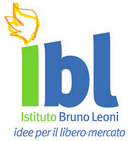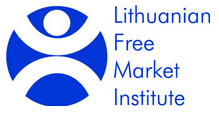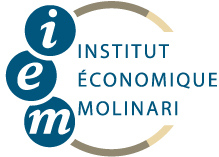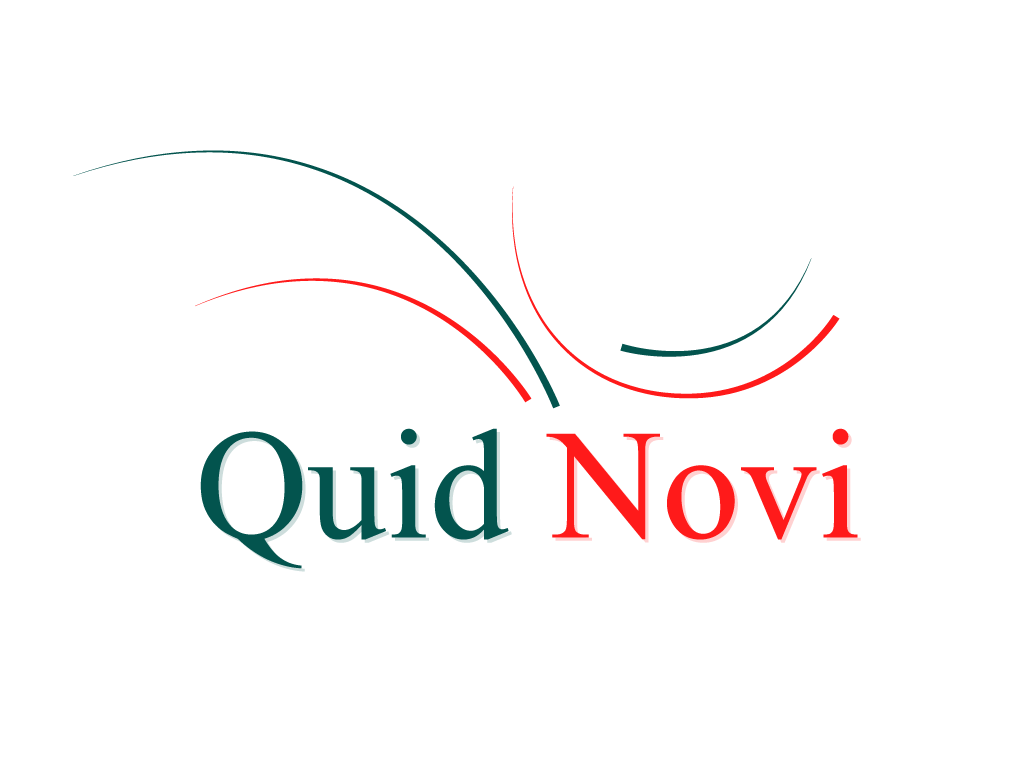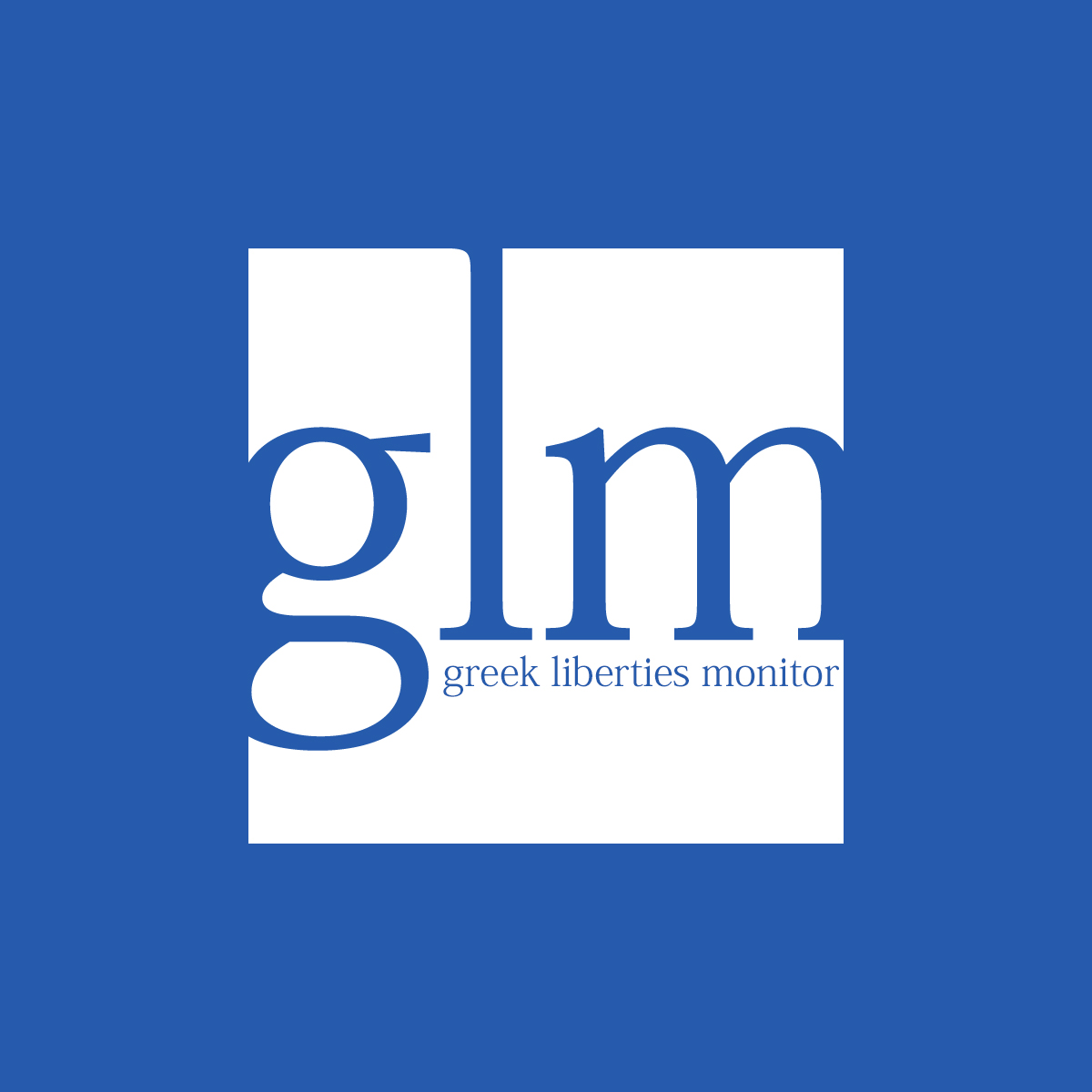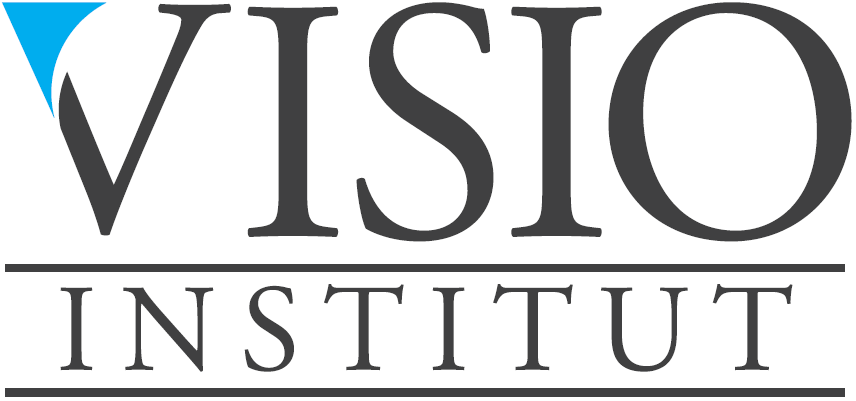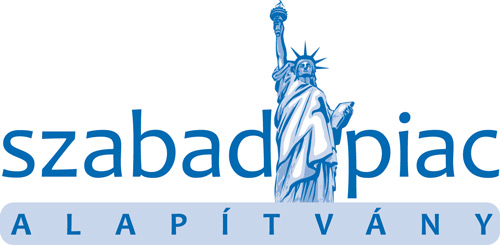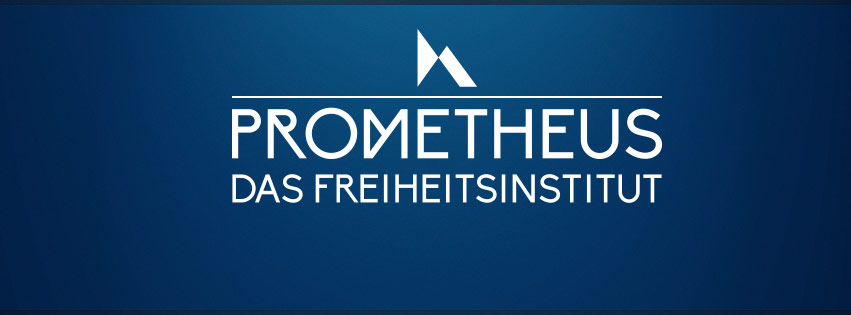About
The Nanny State Index (NSI) is a league table of the worst places in the European Union to eat, drink, smoke and vape. The initiative was launched in March 2016 and was a media hit right across Europe. It is masterminded and led by IEA’s Christopher Snowdon with partners from all over Europe. The 2017 edition of the index was revealed during a full day conference in Brussels and featured high level discussions and debates between MEPs, industry experts, think tankers and regulators about the effects of regulation on health outcomes.
Enquiries: info@epicenternetwork.eu
Download the pdf here.
Categories
About the Editor
Christopher Snowdon is the head of Lifestyle Economics at the Institute of Economic Affairs. His research focuses on lifestyle freedoms, prohibition and policy-based evidence. He is a regular contributor to the Spectator Health blog and often appears on TV and radio discussing social and economic issues.
Snowdon’s work encompasses a diverse range of topics including ‘sin taxes’, state funding of charities, happiness economics, ‘public health’ regulation, gambling and the black market. Recent publications include ‘Drinking, Fast and Slow’, ‘The Proof of the Pudding: Denmark’s Fat Tax Fiasco’, ‘The Crack Cocaine of Gambling?’, ‘The Wages of Sin Taxes’, ‘Drinking in the Shadow Economy’, ‘Sock Puppets: How the government lobbies itself and why’ and ‘Closing Time: Who’s killing the British pub?’. He is also the author of ‘Selfishness, Greed and Capitalism’ (2015), ‘The Art of Suppression’ (2011), ‘The Spirit Level Delusion’ (2010) and ‘Velvet Glove, Iron Fist’ (2009).
Hungary 2017

The authoritarian attitude of the current Hungarian government is reflected in its approach to lifestyle regulation. Hungary has the most extensive system of food and soft drink taxes in Europe, a full ban on smoking indoors and a tax on e-cigarettes.
The Public Health Product Tax (commonly known as the ‘chips tax’) was introduced in 2011 and levies sin taxes on a host of foods that are deemed to be high in salt, sugar and/or fat including sweets, condiments, crisps and jam. There are legal limits on the amount of trans-fats that food can contain and limits on the amount of salt that can be put into bread. Sugary drinks and high fat meat are banned in public canteens and it is illegal to display salt and sugar shakers on tables in restaurants. There are also taxes on sugary drinks and energy drinks.
Tobacco is heavily regulated with a vending machine ban and a law that makes it illegal to display tobacco products in a manner that makes them visible from outside. Plain packaging for tobacco was passed in August 2016 and will be fully implemented in May 2019. There is a zero-exemption ban on smoking in bars, restaurants and workplaces, and smoking is even banned in some outdoor areas. Tobacco retailing is a state monopoly, with licences allegedly handed out to party loyalists. Since May 2016, these shops have been able to sell e-cigarettes (they cannot be sold elsewhere). It has been reported that the government plans to turn the alcohol retail business into a similar state monopoly.
Until 2016, nicotine-containing e-cigarette fluid was effectively prohibited but it has since been legalised as a consumer product. However, a tax of 65 Hungarian Forints (€0.21) per ml was introduced on January 1st 2017 and will rise to 70 Forints in July 2017. E-cigarette advertising is banned and vaping is prohibited wherever smoking is prohibited. Cross-border sales are banned and all e-cigarette flavours apart from ‘tobacco flavour’ are prohibited.
If Hungary had Scandinavian levels of alcohol taxation it would be a strong contender for the number one spot in the Index, but although its beer tax is relatively high, taxes on spirits are about average and there is no sin tax on wine.
With thanks to the Hungarian Free Market Foundation
 Austria
Austria Belgium
Belgium Bulgaria
Bulgaria Croatia
Croatia Cyprus
Cyprus Czech Republic
Czech Republic Denmark
Denmark Estonia
Estonia Finland
Finland France
France Germany
Germany Greece
Greece Hungary
Hungary Ireland
Ireland Italy
Italy Latvia
Latvia Lithuania
Lithuania Luxembourg
Luxembourg Malta
Malta Netherlands
Netherlands Norway
Norway Poland
Poland Portugal
Portugal Romania
Romania Slovakia
Slovakia Slovenia
Slovenia Spain
Spain Sweden
Sweden Turkey
Turkey United Kingdom
United Kingdom
